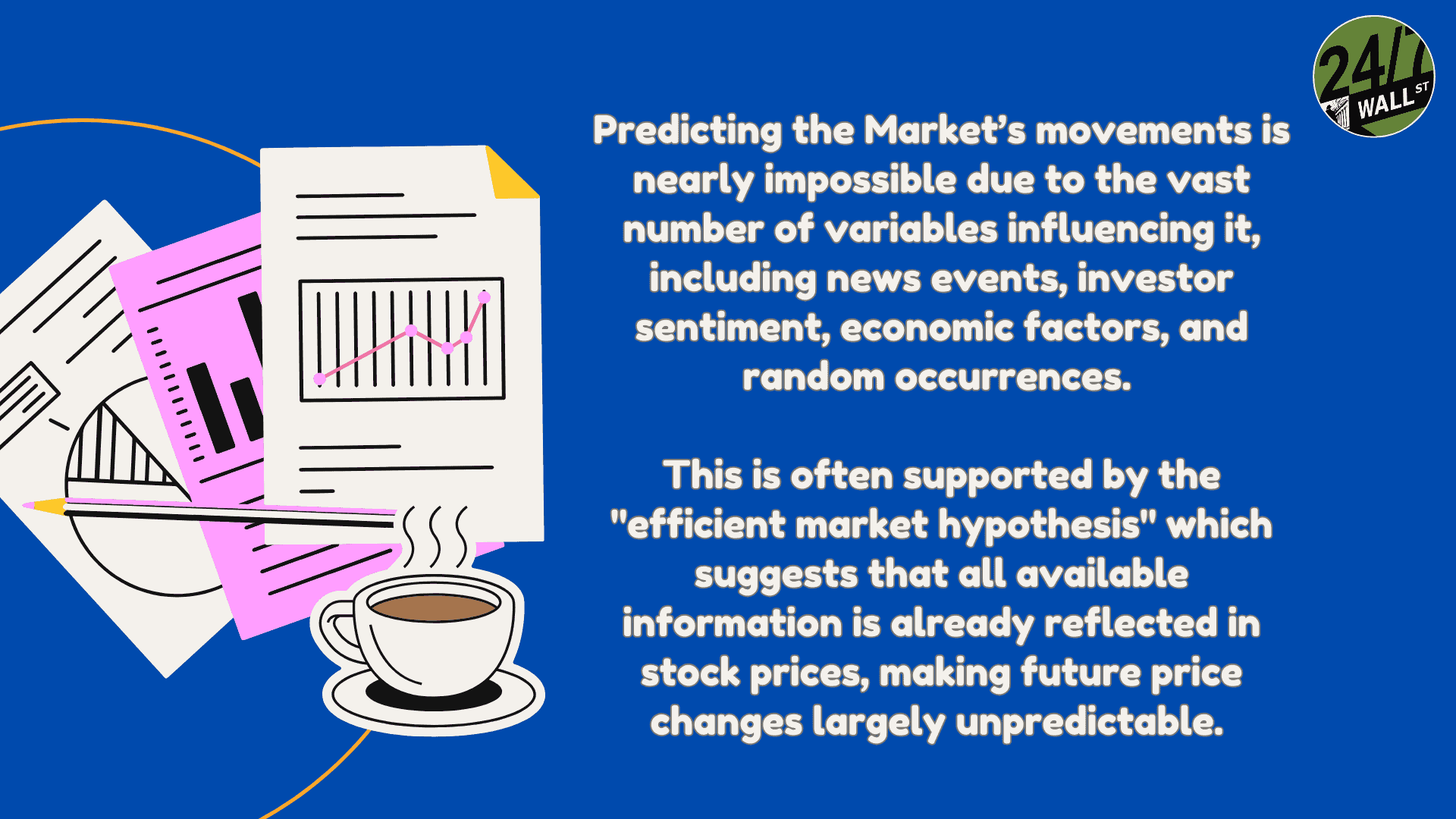Personal Finance
I panicked and liquidated $500k expecting the stock market to crash. It didn’t, how do I financially recover?

Published:
Last Updated:

24/7 Wall St. Key Points:
We all make financial mistakes. It’s how we recover from those mistakes that makes the difference.
In a recent Reddit post, a 28-year-old with a high-risk tolerance admitted to making one of these mistakes. After liquidating his $500K portfolio in anticipation of a market crash, he watched as the market recovered and his assets missed out on substantial gains.
Now, he’s trying to figure out how to do that second part: recover. Here’s our advice to him and what others can learn from his situation. Remember, this is just our (informed) opinion, not financial advice.

The biggest mistake this Redditor made was trying to time the market. This attempt led to missed gains, showing just how risky trying to predict short-term market movements can be. The reality is that even with high confidence, market timing can be unpredictable, and this situation emphasizes that.
Recognizing this mistake is the first step to fixing it, though, and that’s exactly what this poster did. That said, the poster feels “forced” to wait for a crash that might never come, which can lead to even more paralysis and missed opportunities.
It’s important to focus on the long-term strategy, not try to outguess short-term trends. That’s exactly where this poster went wrong and continues to go wrong. What the market is doing right now isn’t so important!
So, how can he fix it? Well, he has a few different options:
Many commenters suggest DCA as a solid way to re-enter the market. By investing gradually over time (weekly or monthly), you can reduce the risk of buying at the top and feel more comfortable with your decision.
This method helps smooth out volatility and reduces the effect of short-term market trends. Many people recommend this method, but it isn’t necessarily our favorite. You’re losing out on compound interest by keeping your money uninvested.
Although more anxiety-inducing, lump sum investing has historically outperformed DCA in terms of long-term returns. There is a chance that you’ll buy “at the top.” However, if you have a long-term strategy, this won’t matter all that much! You’ll eventually outperform your original buy-in, and you’ll benefit from the compound interest when that happens.
As a commenter wisely put it, “You can’t go back in time.” The poster made a mistake, but he can’t undo that now. It’s important to remember that trying to time the market is always a gamble. The best strategy now is to get that money back in the market as quickly as possible and forget about it. Don’t touch it. Don’t make the same mistake again.
At 28, the poster has ample time to recover and benefit from the power of compounding. The important part is that he gets as much money in the stock market as possible and continues to invest long-term. This strategy will lead to long-term growth.
What should he invest in? A diversified fund, low-cost index funds, or other growth assets, preferably.
Take advantage of time in the market rather than trying to time the market. Compound interest is 21st-century magic.
If you’re one of the over 4 Million Americans set to retire this year, you may want to pay attention.
Finding a financial advisor who puts your interest first can be the difference between a rich retirement and barely getting by, and today it’s easier than ever. SmartAsset’s free tool matches you with up to three fiduciary financial advisors that serve your area in minutes. Each advisor has been carefully vetted, and must act in your best interests. Start your search now.
Don’t waste another minute; get started right here and help your retirement dreams become a retirement reality.
Thank you for reading! Have some feedback for us?
Contact the 24/7 Wall St. editorial team.